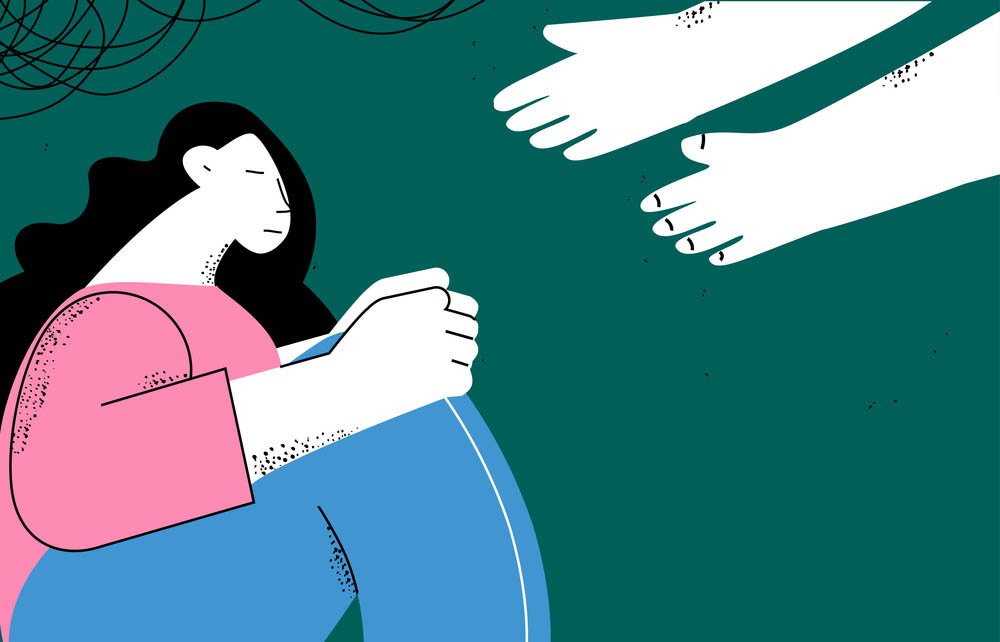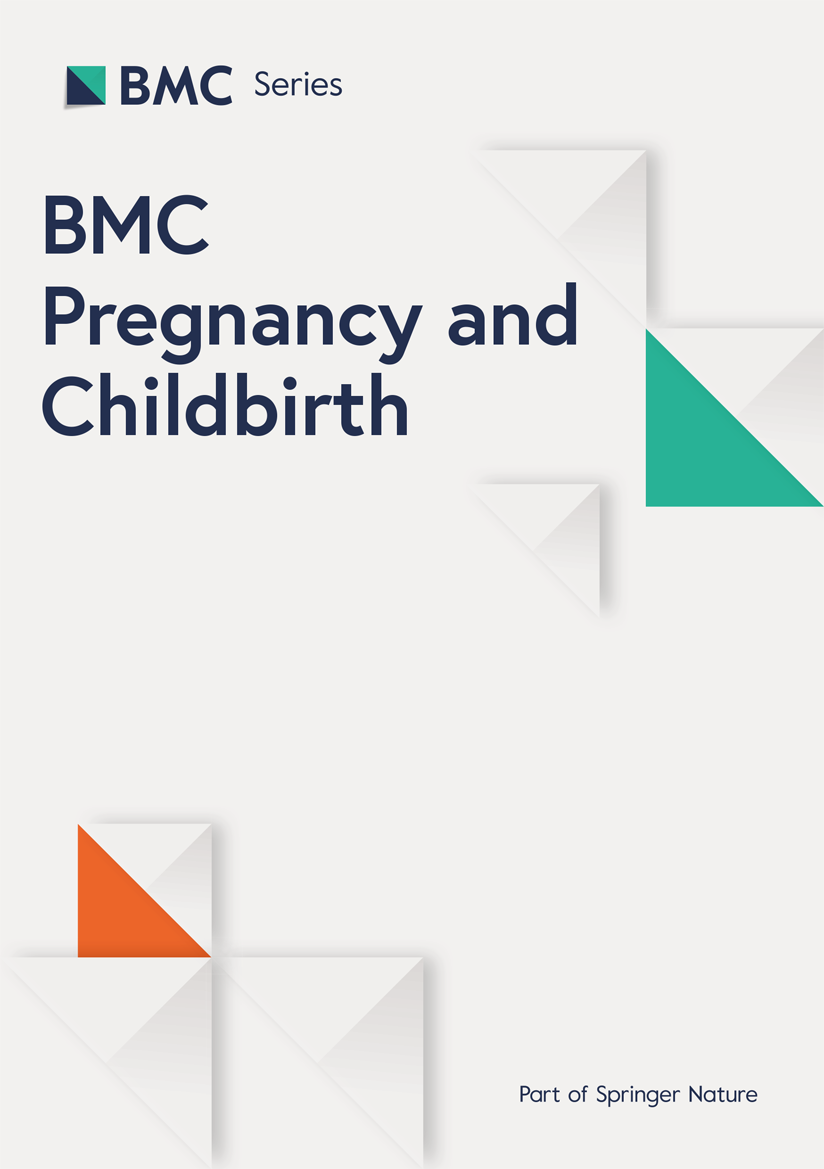Dr. Akta Bajaj, an obstetrician-gynecologist at Ujala Cygnus Group of Hospitals, clarifies the distinction between ‘baby blues’ and postpartum depression (PPD), highlighting critical differences that can affect new mothers.
Many women experience mood fluctuations after giving birth. Dr. Bajaj explains that while it is common for new mothers to feel emotional changes, understanding whether these feelings indicate the temporary baby blues or the more severe postpartum depression is vital.
**Key Differences:**
1. **Onset Timing:** Baby blues typically arise within a few days of childbirth and resolve within two weeks. In contrast, postpartum depression can manifest weeks or even months after delivery and may persist for extended periods if left untreated.
2. **Symptoms:** Baby blues symptoms include mood swings, tearfulness, irritability, anxiety, and feelings of being overwhelmed. These symptoms are usually mild and self-limiting. Conversely, postpartum depression includes persistent sadness, withdrawal from loved ones, loss of interest in activities, difficulty bonding with the baby, extreme fatigue, feelings of worthlessness, and in severe cases, thoughts of self-harm.
3. **Intensity of Symptoms:** The emotional distress experienced with baby blues is generally mild and self-resolving. Postpartum depression, however, is more intense and can severely impact daily life and functioning.
4. **Treatment Options:** Baby blues often improve with adequate rest, family support, and self-care. On the other hand, postpartum depression requires medical intervention, which may include counseling, medication, or a combination of both.
Dr. Bajaj emphasizes the importance of seeking help if low mood persists beyond two weeks or intensifies. It is crucial for mothers to prioritize rest and seek assistance with baby care. Staying connected with supportive friends and family and openly discussing feelings can significantly impact recovery.
Recognizing symptoms early and reaching out for help not only benefits the mother but also positively influences the baby’s well-being and the family’s overall health. Mothers experiencing overwhelming emotions should not hesitate to consult healthcare providers.
This article serves as a reminder that while baby blues are common and typically benign, postpartum depression is a serious condition that requires attention and care.



